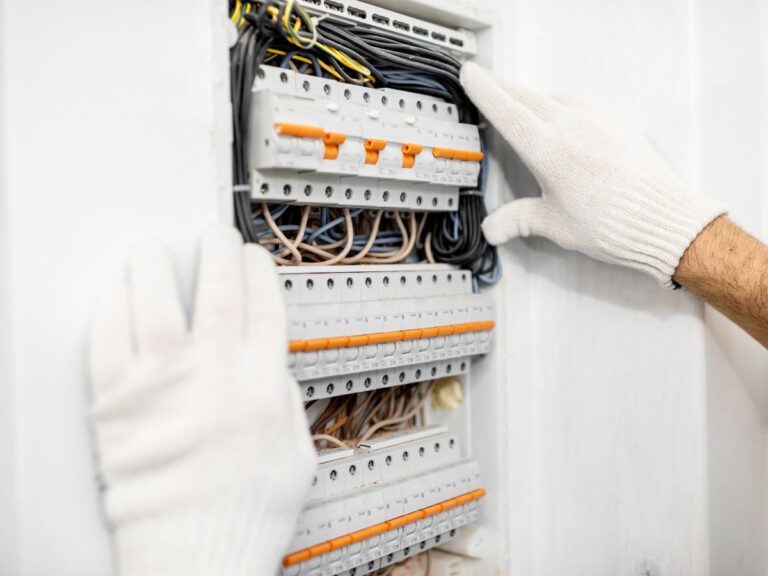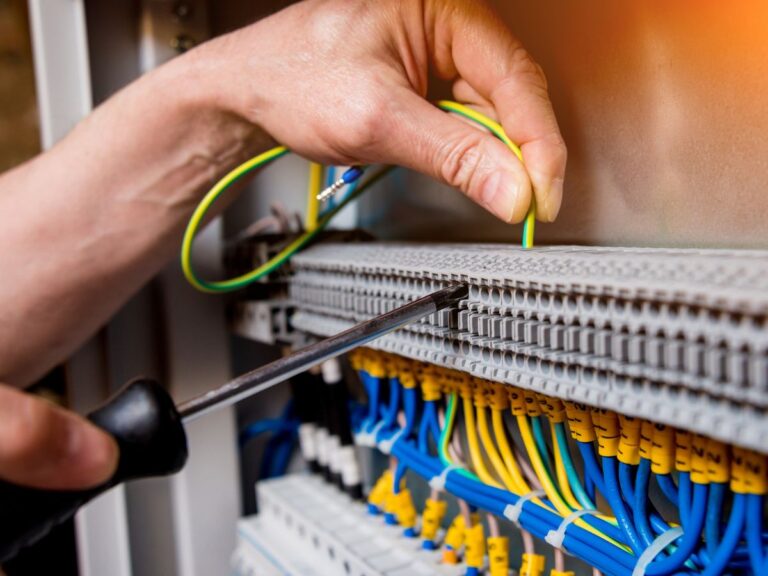As winter approaches in Sydney, you may wonder which type of heating system is best for your home—gas or electric. Both gas and electric heating systems have advantages and disadvantages, so it can be difficult to determine which is suitable for your home. Whether you’re looking for an energy-efficient option or a more budget-friendly solution, keep reading.
The Pros and Cons of Gas Heating
Gas versus electric heating is a common debate when choosing a heating system for your home. Understanding the pros and cons of each type can help you make an informed decision. Let’s delve deeper into the advantages and disadvantages of gas and electric heating systems.
Pros:
- Energy Efficiency: Gas heating systems are generally more energy efficient than electric heating systems, which can result in lower utility bills. That said, this can vary depending on the size of the room you’re heating, current energy prices and other factors.
- Instant Heat: Gas heaters provide instant heat and a more consistent temperature, which can be advantageous during colder months.
- Works During Power Outages: Gas heaters don’t rely on electricity to work, so they can continue to heat your home even during power outages.
Cons:
- Regular Maintenance Required: Gas heaters require regular maintenance and safety checks to ensure they work safely and efficiently. It’s generally a good idea to have your gas heater serviced before the start of winter—this is when you’ll see an increase in government ads on TV reminding people about the danger of gas in the home.
- Expensive to Install: Installing a gas heating system can be more expensive than installing an electric one, especially if you don’t already have a gas connection.
- Not As Environmentally Friendly: Gas heating systems produce carbon emissions, which can contribute to climate change and other environmental issues.
The Pros and Cons of Electric Heating
Pros:
- Environmentally Friendly: Electric heating systems produce no emissions and are considered more environmentally friendly than gas heating systems.
- Easy to Install and Maintain: Electric heating systems are relatively easy to install and maintain, saving time and money.
- Cheaper to Purchase: Electric heating systems are generally cheaper to buy than gas heating systems, making them a more budget-friendly option.
Cons:
- Expensive to Run: Electric heating systems can be more expensive to run than gas heating systems, which can result in higher energy bills.
- Takes Longer to Heat a Room: Electric heating systems can take longer to heat a room than gas heating systems, which can be a disadvantage during colder months.
- Doesn’t Work During Power Outages: Electric heating systems rely on electricity to work, so they won’t be able to heat your home during power outages. While the probability of dealing with this is slim, it’s worth noting if you’re in an area that experiences regular power outages.
Climate Change, Sustainability and Being Environmentally Conscious
One of the critical considerations when choosing between gas and electric heating is their impact on the environment. As we become more aware of climate change, many homeowners are looking for ways to reduce their carbon footprint and live more sustainably.
While gas heating systems may be more energy efficient than electric heaters, they are less environmentally friendly. Burning natural gas releases carbon dioxide, which contributes to global warming. On the other hand, electric heating systems do not produce emissions, making them a more environmentally conscious choice for heating your home.
Electric Hot Water Systems in NSW
The NSW government announced that from July 1, 2022, new build homes and apartments will no longer be allowed to install electric water heaters. Instead, new builds will be required to install alternative hot water systems, such as gas, solar or heat pump systems. The phase-out of electric water heaters in new builds is part of the state government’s efforts to reduce carbon emissions and improve home energy efficiency.
The new regulations will require builders and developers to ensure the hot water systems installed in new builds comply with the new standards. It’s important to note that the phase-out only applies to new builds and that homeowners can still use and maintain their existing electric hot water systems.
Inflation and the Cost-of-Living Impact on Energy Usage
Another important factor to consider when choosing between gas and electric heating is the impact on your household budget. Inflation and the cost of living can significantly impact energy usage and the type of heating system you choose can affect your overall energy bill.
Gas heating systems can be cheaper to run than electric heaters but also more expensive to install and maintain. Additionally, fluctuations in gas prices can impact your monthly bills. On the other hand, while electric heaters may be more costly to run, they are often cheaper to purchase and require less maintenance.
Choosing between gas and electric heating systems is a personal decision that depends on various factors, including budget, energy efficiency and environmental impact. Ultimately, the best option for your house will depend on your individual needs and priorities. If you’re ready to discuss your heating needs with M.E. Ward Electrical Services and prepare your home for winter, call (02) 9875 5533 or contact us online for a consultation.



